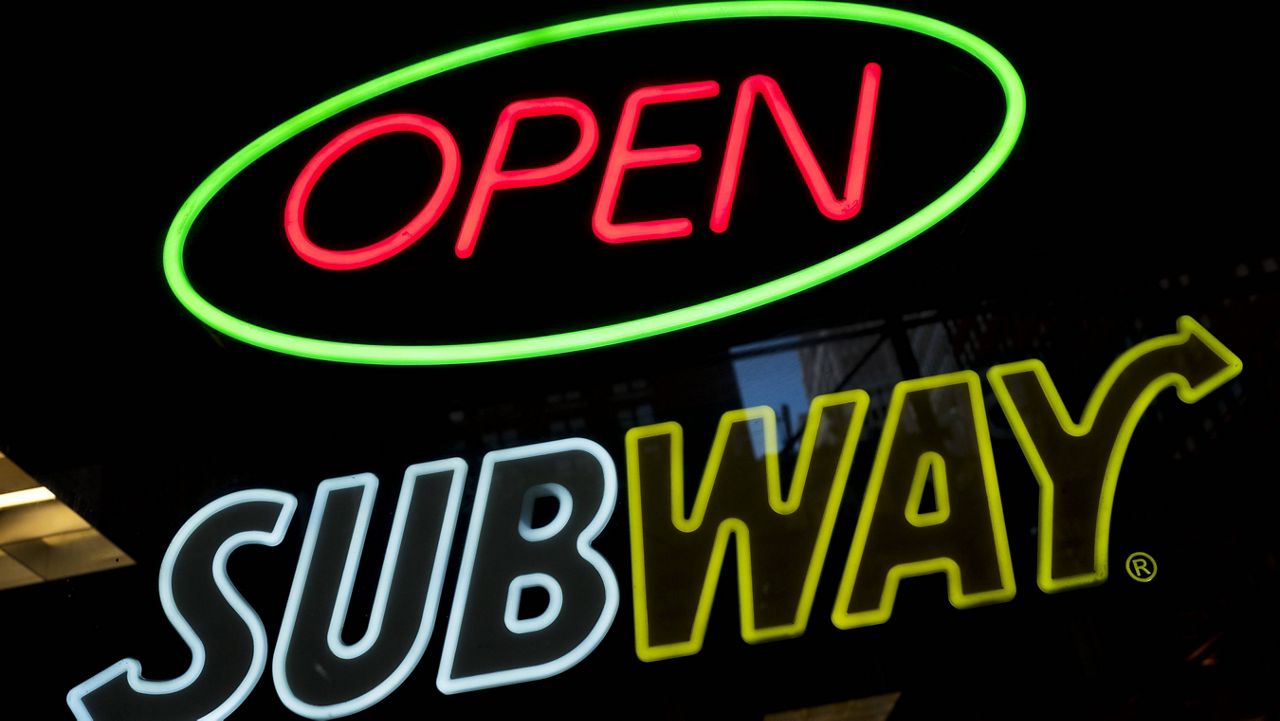A new lawsuit accusing fast-food chain Subway of fraud alleges that the tuna used in its sandwiches, wraps, and salads is not tuna at all.
What You Need To Know
- A lawsuit filed in California alleges that the tuna used in Subway’s sandwiches, wraps and salads is not tuna at all
- The two plaintiffs claim "independent testing has repeatedly affirmed” that "the Products are made from anything but tuna"
- The plaintiffs are suing the fast-food chain for fraud, misrepresentation, unjust enrichment, and violations of business laws
- Subway is adamantly pushing back on the claims, calling it “a reckless and improper attack" and insisting it uses "100% cooked tuna"
The lawsuit was filed last week in U.S. District Court for the Northern District of California. The plaintiffs, Karen Dhanowa and Nilima Amin, claim in it “independent testing has repeatedly affirmed” that "the Products are made from anything but tuna."
"On the contrary," the lawsuit reads, "the Products are made of a mixture of various concoctions that do not constitute tuna, yet have been blended together by Defendants to imitate the appearance of tuna."
A lawyer for the plaintiffs declined to answer a question from The Washington Post about what ingredients they believe were in the mixture, but she did say it was not fish.
Subway, however, is adamantly pushing back against the claim, calling the lawsuit "a reckless and improper attack on Subway's brand and goodwill."
"There simply is no truth to the allegations in the complaint that was filed in California," the company said in a statement emailed to Spectrum News. "Subway delivers 100% cooked tuna to its restaurants, which is mixed with mayonnaise and used in freshly made sandwiches, wraps and salads that are served to and enjoyed by our guests."
"The taste and quality of our tuna make it one of Subway's most popular products and these baseless accusations threaten to damage our franchisees, small business owners who work tirelessly to uphold the high standards that Subway sets for all of its products, including its tuna," the company's statement continued.
Dhanowa and Amin are suing Subway for fraud, misrepresentation, unjust enrichment, and violations of business laws. They claim that because of misleading marketing and deceptive advertising “they were tricked into buying food items that wholly lacked the ingredient they reasonably thought they were purchasing.”
Their attorneys are hoping to get their claim certified as a class action lawsuit, which would allow thousands of other plaintiffs to join the case. Dhanowa and Amin are seeking compensatory and punitive damages as well as attorneys’ fees. They also want Subway to forfeit all profits gained through the practice. The lawsuit does not list a specific dollar figure being sought but does say it exceeds $5 million.
This isn’t the first time Subway has had to defend its ingredients.
In 2013, a court tossed out a lawsuit from plaintiffs complaining that its footlong sandwiches were only 11 to 11½ inches.
In 2014, a food blogger called attention to the fact that the chain used in its bread a chemical also found in yoga mats. It has since removed the chemical, used as a bleaching agent and dough conditioner.
And in September, Ireland’s supreme court ruled that Subway’s bread could not, for tax purposes, be defined as bread because of its high sugar content.



